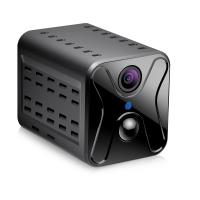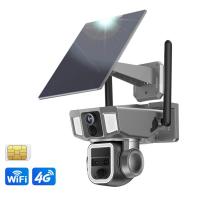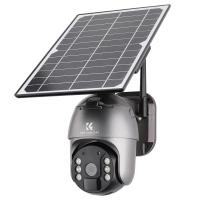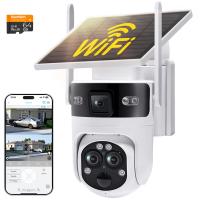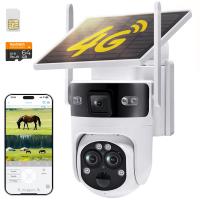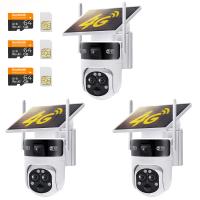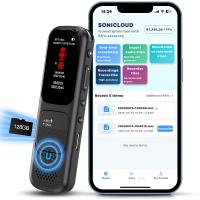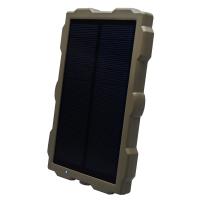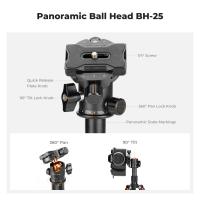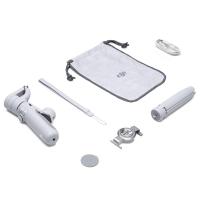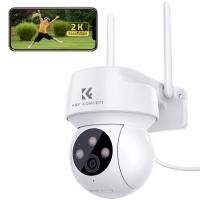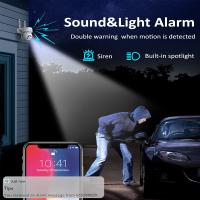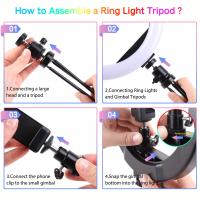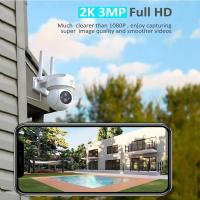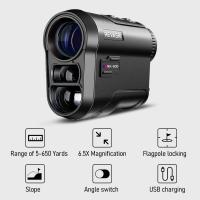How Security Camera Works Without Internet?
If you’ve been considering installing a security camera system in your home or business, you might have encountered the question of whether these cameras require an internet connection. This question is particularly relevant in areas with limited or unreliable internet access or for individuals concerned about privacy issues associated with connecting security systems to the web. The good news is that security cameras can operate without an internet connection. In this article, we will explore how security cameras work without internet connectivity, the different types of systems available, their benefits, and practical scenarios in which they can be of great use. We'll also offer tips on choosing the right system based on your needs.
Basics of Security Cameras Without Internet
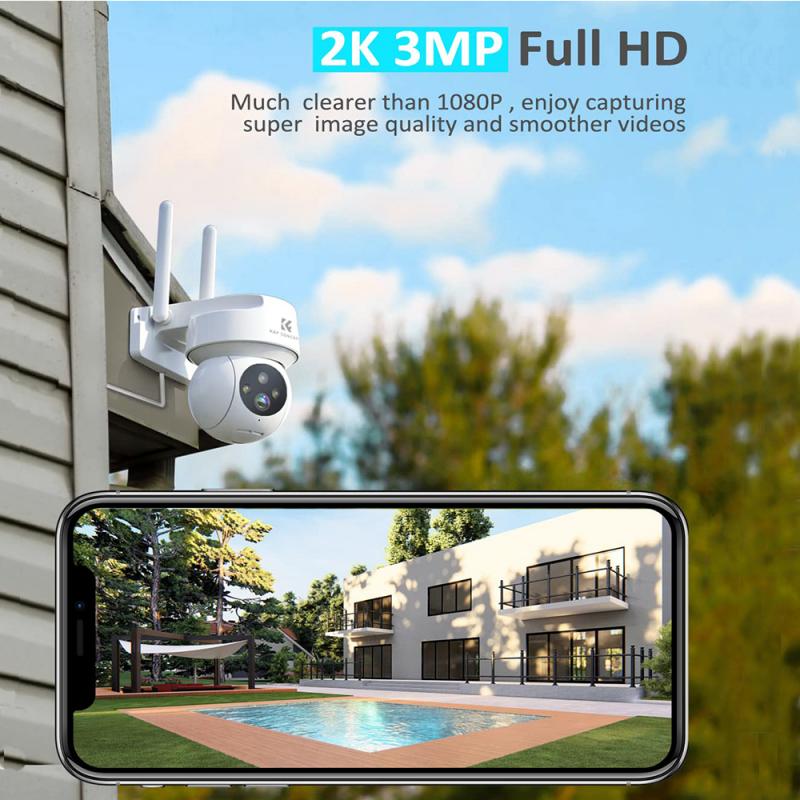
At their core, security cameras are designed to capture footage, which is then stored, reviewed, or monitored. The functionality of a camera without the internet doesn’t alter the way it records video; what changes is how that video is stored, accessed, and managed.
When a security camera isn't connected to the internet, it typically relies on local storage and analog connections for operation. These systems fall broadly under the category of local surveillance systems, sometimes called closed-circuit television systems (CCTV). Unlike internet-enabled, cloud-based systems, these standalone setups do not transmit data over the internet. They utilize different methods to provide you access to recorded footage or live feeds.
How Security Cameras Work Offline
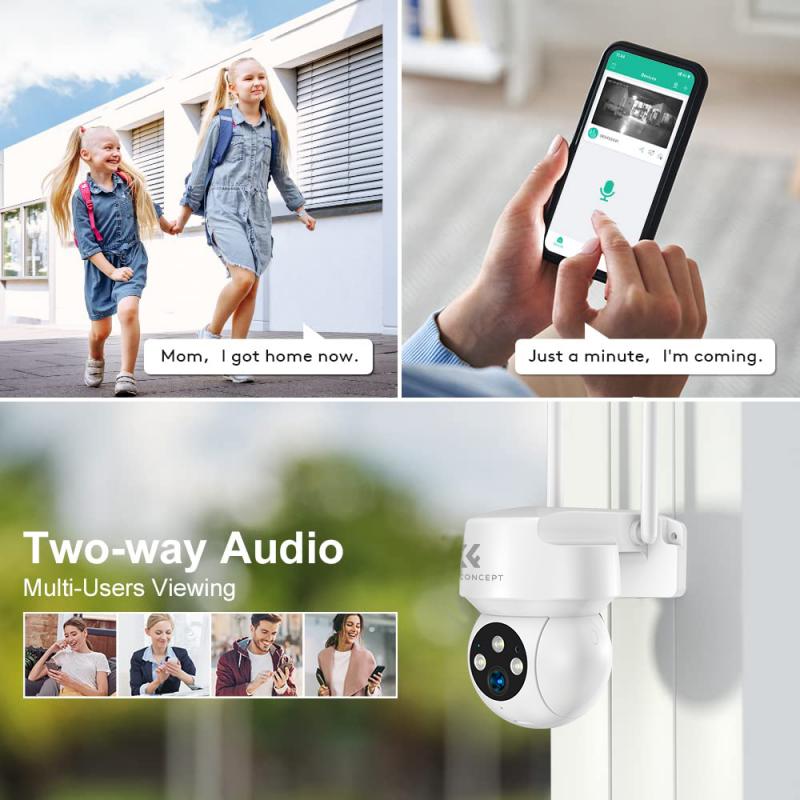
Here’s how a security camera functions without an internet connection:
1. Storage Through SD Cards
Many types of security cameras come with built-in slots for SD or microSD cards. The recorded footage is saved directly onto the SD card, which can later be removed and accessed on a computer or other compatible device. This approach is simple, efficient, and ideal for single-camera setups, but the storage space is limited by the card’s capacity.
2. DVR (Digital Video Recorder) Systems
Analog security cameras are frequently paired with DVR systems. These cameras do not rely on Wi-Fi and are often hardwired to the DVR using coaxial cables. The DVR captures and stores footage on its built-in hard drive. You can replay the footage by connecting a monitor or external display device directly to the DVR.
3. NVR (Network Video Recorder) Systems
For IP-based cameras that do not depend on Wi-Fi, a network video recorder (NVR) serves much the same role as a DVR. Instead of using coaxial cables, the cameras connect via Ethernet cables through a local area network (LAN). While this setup does use networking, it doesn’t require an active internet connection as long as everything is contained within the local network. Footage is stored on the NVR’s hard drive.
4. Real-time Monitoring with Display Units
Some security cameras can be connected directly to a monitor or TV via HDMI or VGA cables. This setup allows you to see what the camera records in real time without needing the internet. However, this solution is limited in scalability and scope.
5. Battery or Solar-powered Cameras
For remote areas without electricity or internet access, certain cameras are designed to run on battery or solar power. These cameras usually have SD card storage or connect wirelessly to a local NVR.
Why Consider Cameras Without the Internet?
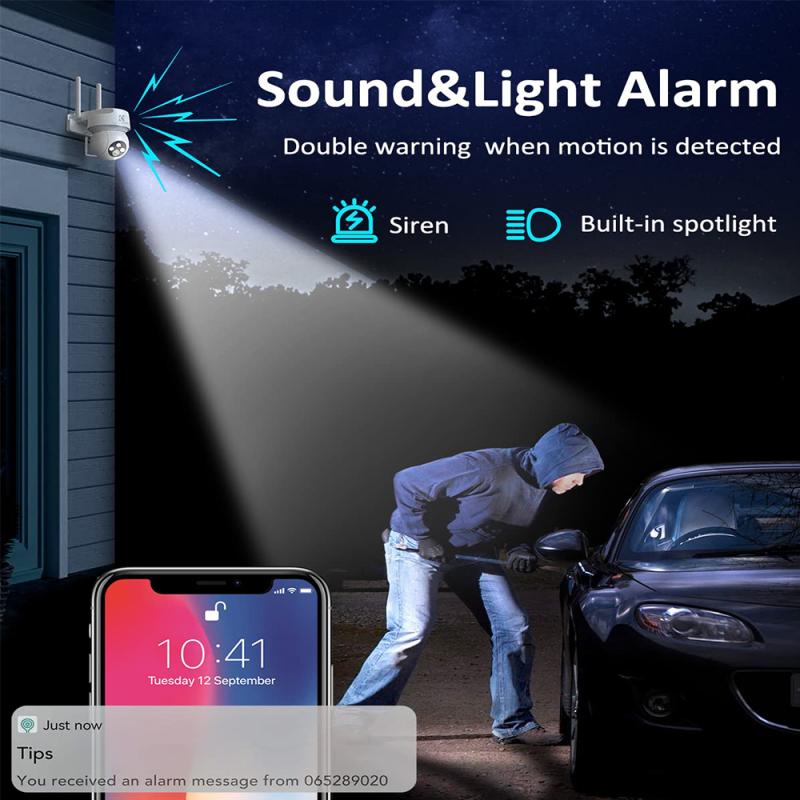
Although internet-enabled systems offer some unique advantages, such as remote monitoring and cloud storage, there are situations where offline security cameras are a better solution. Here's why you might consider using them:
1. Enhanced Security
Internet-connected cameras create potential vulnerabilities to cyberattacks, hacking, or data breaches. Without an internet connection, there’s virtually no risk of footage being intercepted or compromised because the system operates locally.
2. No Monthly Fees
Many internet-enabled cameras rely on cloud storage, which usually involves a subscription fee. Offline cameras eliminate these recurring costs because they use local storage options like SD cards or DVRs.
3. Reliability in Remote Locations
For remote locations with poor or non-existent internet access, offline cameras are a functional choice. These cameras can operate independently and store footage locally, ensuring reliability even in isolated areas.
4. Independence from Network Downtime
Internet connections are susceptible to downtime due to weather disturbances, maintenance, or outages. Offline systems continue to function unimpeded during such events, providing constant surveillance.
5. Easy to Install and Operate
Plug-and-play offline systems are often simpler to set up because they don’t require configuring routers, Wi-Fi networks, or remote access settings. The low complexity makes them ideal for less tech-savvy users.
Common Use Cases for Security Cameras Without Internet
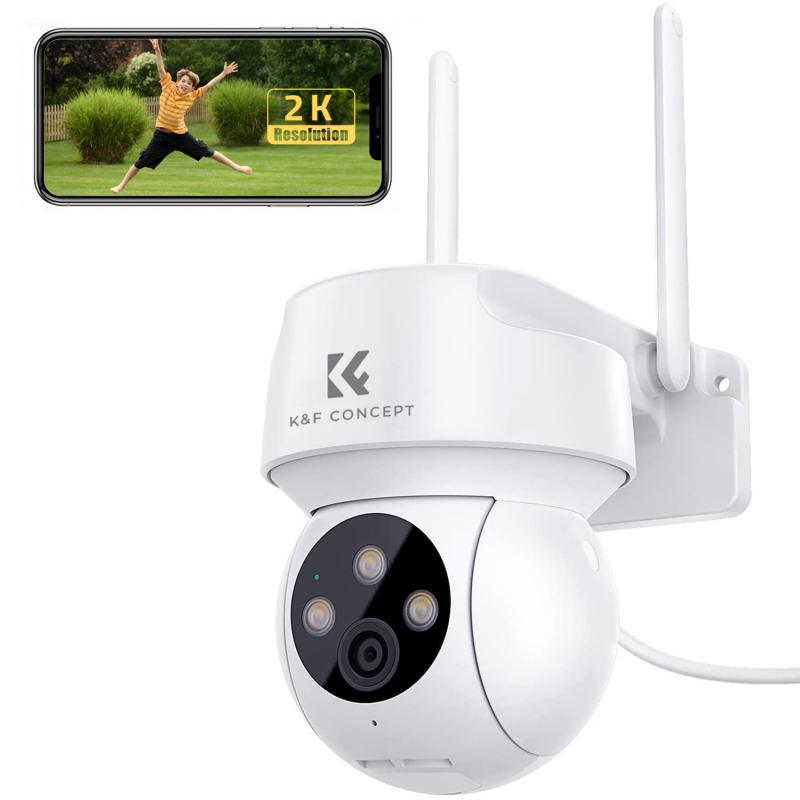
Offline camera setups can be particularly useful in various scenarios:
- Rural Properties: Remote farms, cabins, or vacation homes without high-speed internet infrastructure benefit greatly from offline security systems.
- Construction Sites: Portable, standalone camera systems can monitor ongoing activity in areas where network services are unavailable.
- Businesses with High Privacy Standards: Some industries, such as financial services or research and development, may opt for non-internet-enabled cameras to prevent intellectual property leaks or data breaches.
- Small Residences: Single-family homes in urban settings might prefer offline cameras to simplify monitoring and avoid unnecessary dependency on cloud services.
Limitations of Offline Security Cameras
While cameras without internet are effective in many scenarios, they come with certain limitations:
1. No Remote Access: Since offline systems do not connect to the internet, you cannot monitor live feeds or access stored footage remotely.
2. Limited Storage: SD card and DVR/NVR systems have a finite storage capacity, requiring you to either clear old footage manually or upgrade storage devices frequently.
3. No Advanced Features: Some modern cameras offer features like motion detection alerts, facial recognition, and two-way audio through internet-based integration. Offline cameras typically lack these advanced functionalities.
4. Harder to Scale: Adding more cameras to your system can be cumbersome without a centralized, internet-connected platform to manage them.
5. Physical Access for Review: To retrieve footage, you must access the storage device, which might be inconvenient in certain scenarios.
How to Choose the Right Offline System
If you’ve decided to invest in a security camera system that works without internet, here are a few tips to ensure it meets your needs:
1. Evaluate Your Storage Needs
Determine whether the desired system supports sufficient storage space. For larger properties, a DVR or NVR with a high-capacity hard drive is more practical than individual SD cards.
2. Assess Location Constraints
Consider the location of your surveillance area. For areas without power, look for battery-powered or solar cameras. In places with wiring limitations, choose a wireless system with local recording.
3. Image Quality
Choose cameras with higher resolution (e.g., 1080p or 4K) for better clarity. Keep in mind that higher resolution footage takes up more storage space.
4. Durability
Outdoor cameras should be weatherproof and capable of withstanding extreme temperatures. For long-lasting durability, ensure the system is rated for outdoor use if needed.
5. Ease of Use
Look for systems with simple interfaces for accessing footage. DVRs and NVRs with intuitive playback and export options can save you time and hassle.
Final Thoughts
Security cameras that operate without internet enable users to maintain surveillance in areas where connectivity is unavailable, unreliable, or unnecessary. They provide a higher level of privacy, robust functionality for local monitoring, and cost-effective options for long-term use. While they may lack the advanced features of internet-connected cameras, they remain a reliable and practical solution for many applications.
By understanding how these systems work and assessing your specific surveillance needs, you can make an informed decision about whether an offline security system is right for you. Whether you choose to monitor a rural property, improve safety at a small business, or protect a construction site, offline security cameras are a trusted tool to enhance your security infrastructure.



